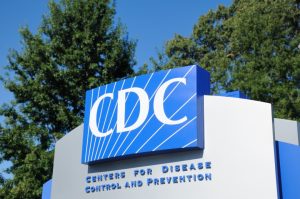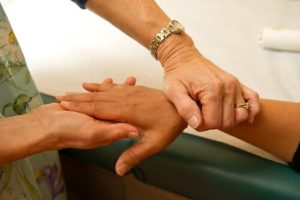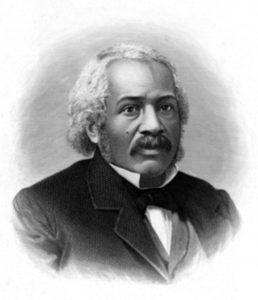The National Suicide Prevention Lifeline (1-800-273-8255) provides a hotline for anyone who is having a mental health crisis or suicidal thoughts. Free, confidential help for a loved one, or for you, is only a phone call—or online chat—away.
The 2020 football season has begun. There have been changes, including daily testing and limiting who can enter the teams’ facilities. Many referees will wear masks, and locker rooms have been restructured to discourage the spread of the virus. So the game will continue.
Upcoming election results will likely determine whether the MORE Act has a chance to become law in the near future. It behooves every voter to become familiar with the candidates’ positions regarding cannabis. Criminalizing marijuana has caused great harm. We, as voters, have the power to change that.
What are we to believe? I, for one, can no longer believe what the CDC says unless it is verified by non-partisan scientific bodies. This is a sad time. Our health is being played with as if it were a game. I feel like a commoner in Game of Thrones, as the kings fight for power and ignore their people.
There is a worldwide race to find a vaccine for the coronavirus. This is a good thing. We all want a vaccine. Everyone is eager to get back to a “new normal,” whatever that will mean, but it’s unlikely to happen until we have an effective, safe COVID-19 vaccine.
White House coronavirus response coordinator Deborah Birx may have the best recommendation of all: wear a cloth mask and a face shield simultaneously. The mask, she says, protects others, while the face shields protect wearers. She calls masks and face shields “two different technologies for two different reasons.”
COVID-19 has forced me to think about the reality that death can catch any of us by surprise. As I write this, we are in the midst of a pandemic that has infected more than 17 million people and taken more than 680,000 lives worldwide. Many of the COVID-19 victims died alone and didn’t get a chance to say goodbye to their loved ones.
How we experience pain is a result of both environmental and genetic features. The genetic factors are what we inherit.
A mischaracterization of the phrase “First, do no harm” must not prevent providers from caring for people, or prevent policymakers from allowing physicians to treat their patients. That treatment must include providing patients with medication that can adequately provide pain relief with acceptable risk.
Only 5 percent of physicians in the United States are Black, despite the fact that the population includes more than double that number of African Americans. That needs to change.










Recent Comments